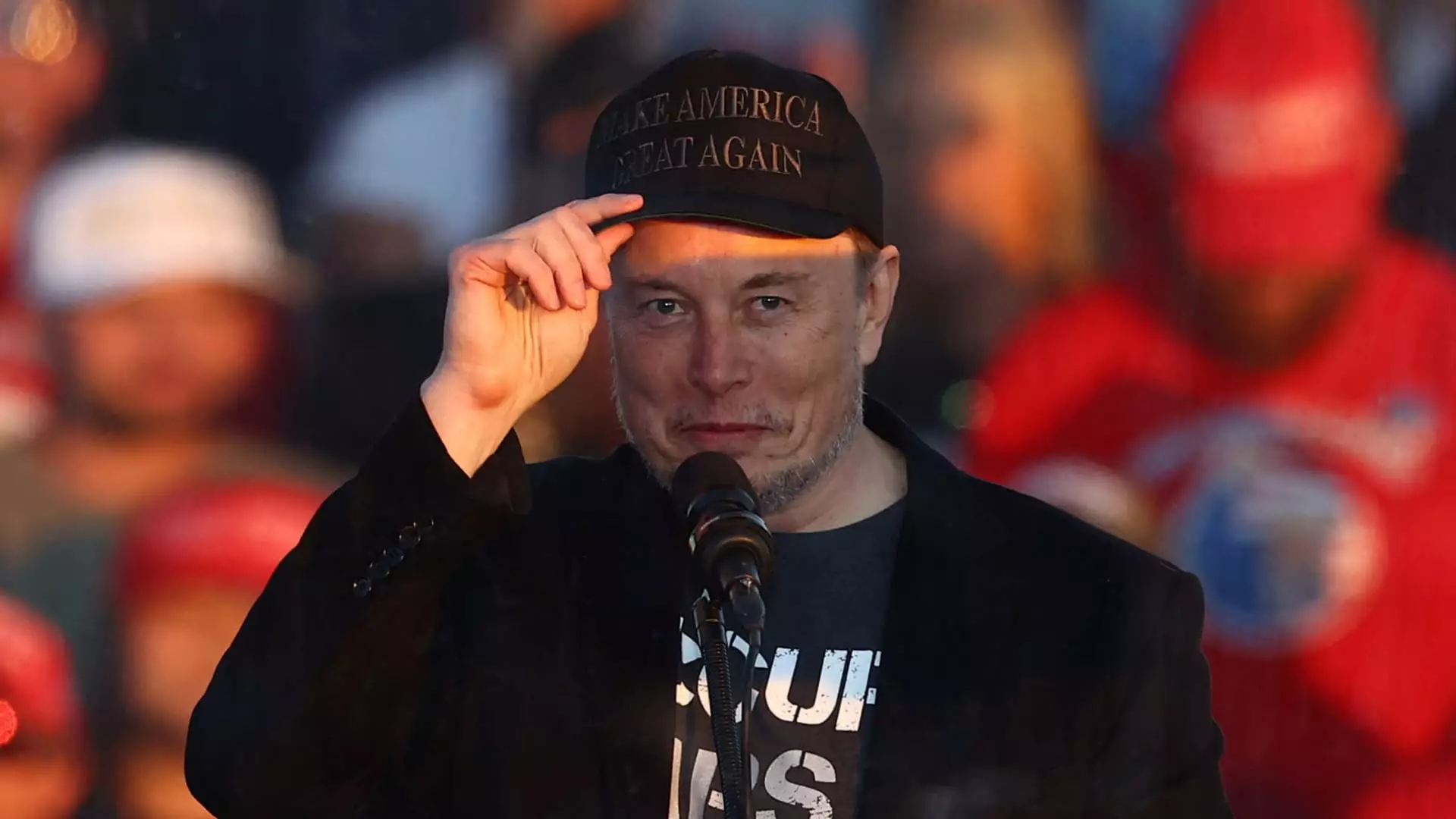Elon Musk, the enigmatic CEO of Tesla and founder of SpaceX, has always been a polarizing figure in both the business world and the realm of politics. His recent endorsement of the far-right Alternative for Germany (AfD) party has ignited a firestorm of criticism and analysis, raising pertinent questions about the intersection of celebrity influence and political ideologies in contemporary society. This article will delve into the implications of Musk’s actions, the ideological underpinnings of the AfD, and the broader context of right-wing movements in Europe.
Elon Musk’s foray into political endorsements is not a new phenomenon. With a background that includes financial support for Donald Trump’s presidential campaign, Musk has long engaged in political discourse that aligns with right-leaning ideologies. His recent statement on social media — “Only the AfD can save Germany” — is emblematic of a broader trend where tech moguls leverage their platforms for political influence. Musk’s dramatic claim comes at a time when Germany’s political landscape is fraught with tensions, particularly surrounding issues like immigration, economic stability, and environmental policy.
What is alarming is the weight that Musk’s words carry, given his extensive follower base of over 200 million on X (formerly Twitter). The ability to sway public opinion through such endorsements is profound; Musk’s rather cavalier dismissal of traditional political norms can transform popular sentiment, arguably contributing to the normalization of extremist views. This is particularly concerning when considering the stated goals and ideologies of the AfD, which has drawn scrutiny for its incendiary rhetoric.
The AfD has been characterized as a far-right party with roots in nationalism, and its platform includes a staunch anti-immigration stance and skepticism towards the European Union. Criticism has surged, especially from liberal politicians who equate its rhetoric with efforts to rehabilitate historical instances of Nazism, a sentiment echoed by Senator Chris Murphy, who described the party as one cultivating neo-Nazi undercurrents.
Within the AfD, certain members have openly made controversial statements, such as one leader who sported a license plate paying homage to Hitler. These associations stir memories of a painful past in Germany and raise ethical questions about the party’s legitimacy. Notably, the AfD has also positioned itself against military support for Ukraine while advocating for the end of sanctions against Russia, aligning with Musk’s position on these geopolitical issues.
Musk’s endorsement arrives amidst a shifting political landscape in Germany, where his claims are met with skepticism from established leaders. Chancellor Olaf Scholz dismissed Musk’s assertion, pointing out the coalition dynamics that have marginalized the AfD from mainstream political discourse. Despite the AfD’s growing popularity in polls, other parties often shun potential partnerships with the far-right group, thereby underscoring the contentious nature of its agenda.
Moreover, Musk’s influence extends beyond German borders; he has shown support for similar right-wing populist movements in Europe and South America, including backing Italy’s Giorgia Meloni and Argentina’s Javier Milei, creating a transnational web of conservative ideologies. This raises critical questions about the role of influential business figures in global politics and the responsibility that comes with wielding such influence.
The fallout from Musk’s comments has significant implications. For one, it highlights how misinformation and extremist ideologies can intertwine with popular discourse when filtered through a popular figure. Musk’s remarks have provoked backlash not only in political circles but also among international observers who critique the rising tide of right-wing populism across Europe.
Furthermore, Musk’s relationship with the AfD may have ramifications for his business interests, especially as Tesla navigates a challenging European market. The AfD’s opposition to electric vehicles as emblematic of “ideological climate movements” poses potential contradictions as Musk seeks to expand Tesla’s influence in the region.
Elon Musk’s recent endorsement of the AfD raises critical questions about the responsibilities of influential figures in global politics. As a leader in technology and innovation, Musk holds the power to shape public opinion, and his recent actions underline the complexities of this role. The growing influence of far-right parties in Europe necessitates a vigilant assessment of the rhetoric surrounding them and the figures that endorse their ideologies. As the political climate continues to evolve, the ramifications of Musk’s statements will likely reverberate far beyond the confines of social media, drawing an ethical line between business success and political discourse.

